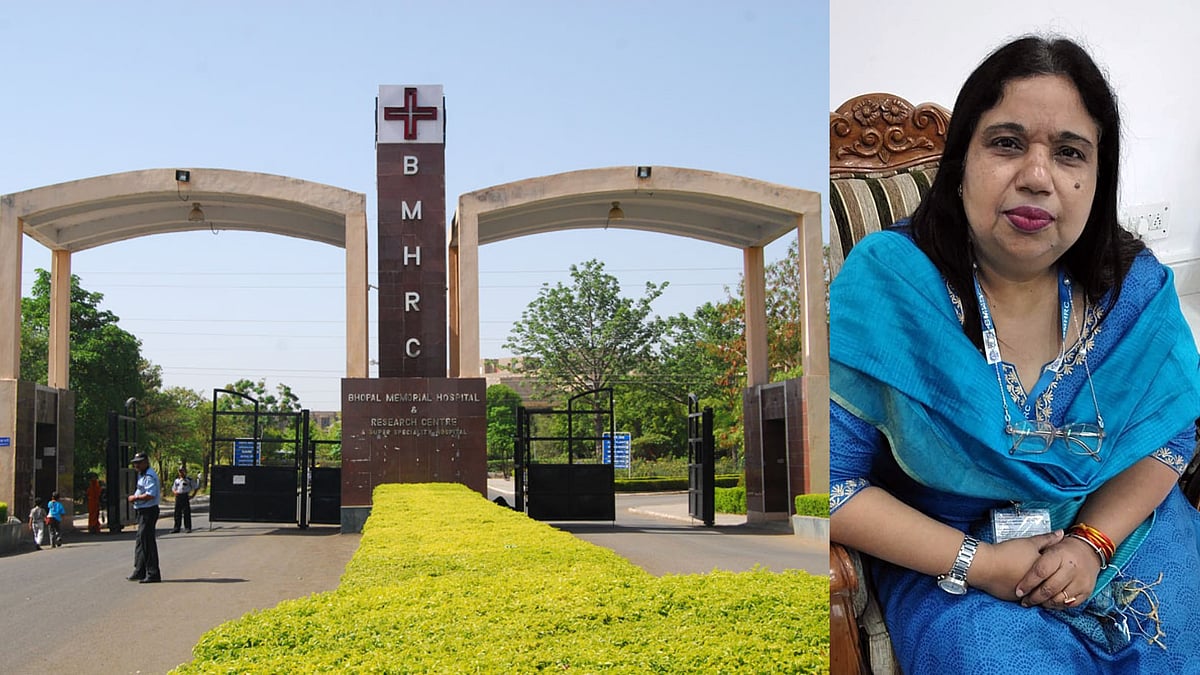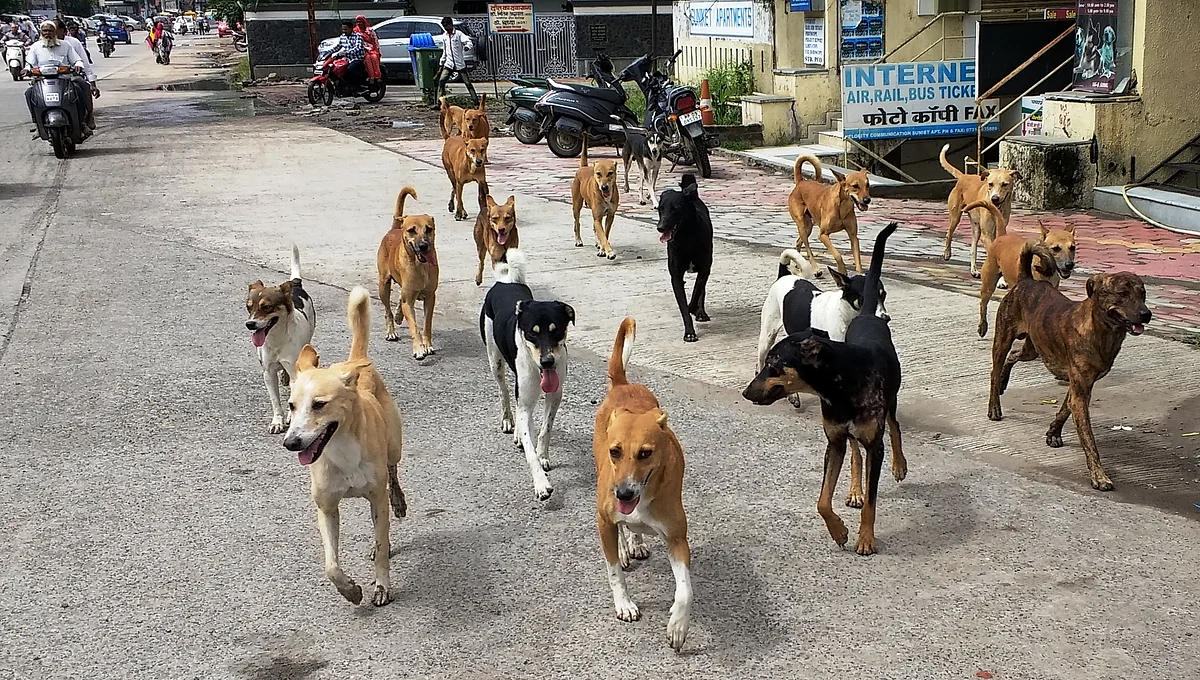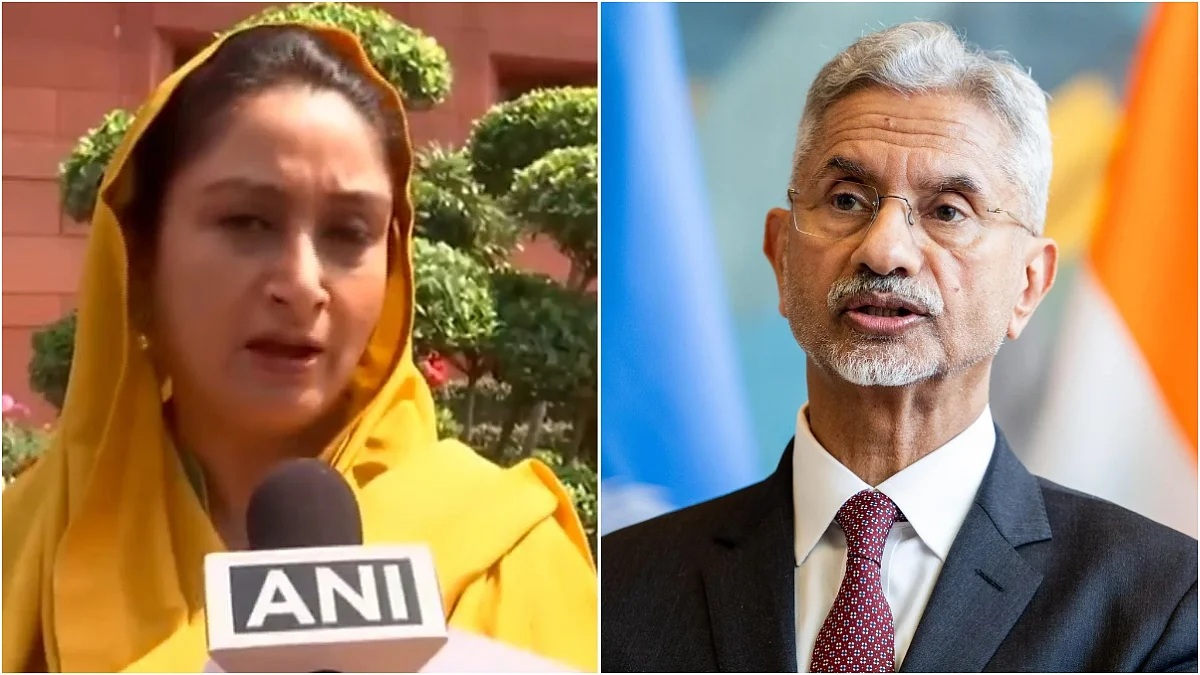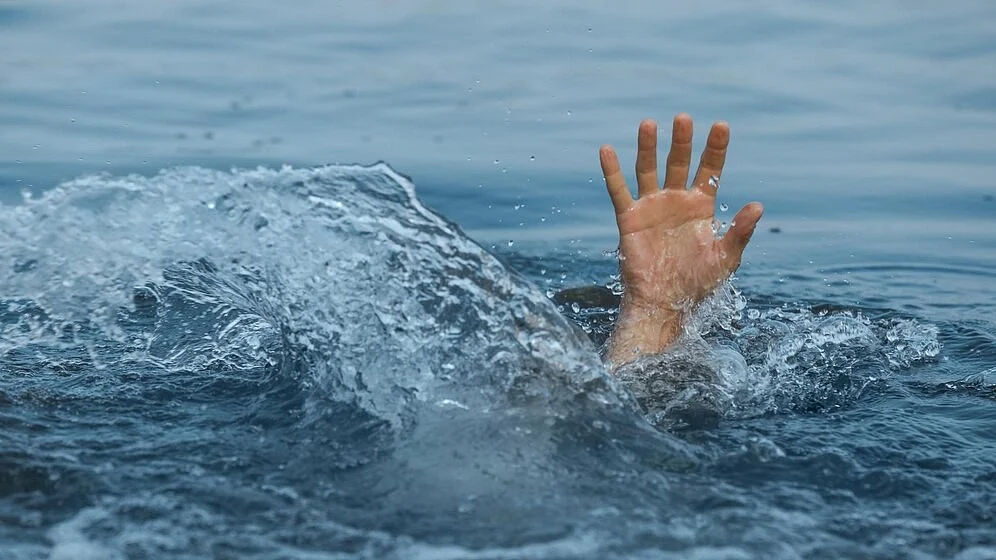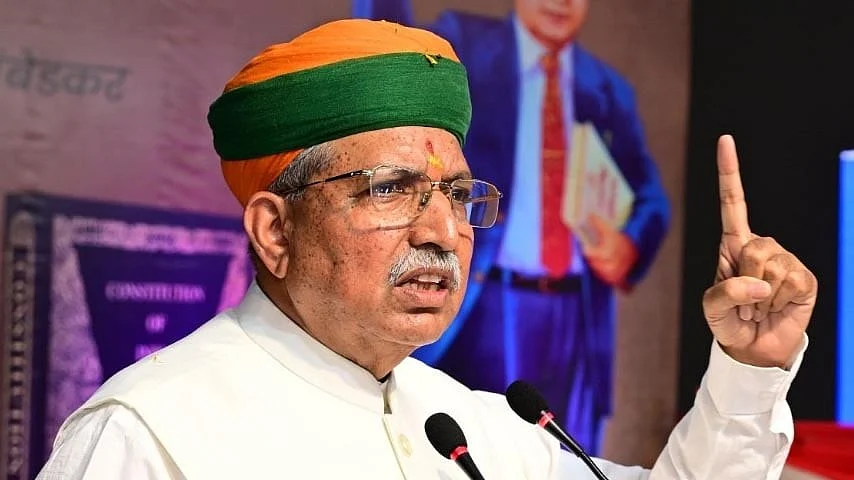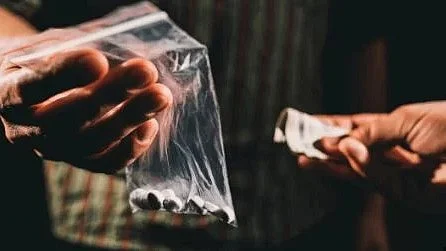Bhopal (Madhya Pradesh): Bhopal Memorial Hospital and Research Centre (BMHRC) director incharge Dr Manisha Shrivastava talked to Free Press on different issues of BMHRC and health care facilities. Excerpts.
What is hurdle in making BMHRC a medical college?
Currently, there is no hurdle in making it medical college. It depends on central government. Presently, BMHRC is being development as postgraduate teaching institute, a first in any central Indian state. We have 50 students in PG and post PG courses (DM & MCH). We are making all our efforts for institute’s progress.
What seats are available in the institute?
We have anesthesiology (MD)-4 seats, microbiology (MD)-2 seats, ophthalmologists (MS)-2 seats, cardiology (DM)-3 seats, CTVS (MCH)-3 seats, neuro surgery(MCH)-2 seats, urology(MCH)-2 seats. We have a sound infrastructure. There are 17 departments and all are functional. We have made provision for visiting faculties in many departments.
How did BMHRC get rid of teething problems, which had led to mass exit of doctors?
Earlier, there was a Trust, which ran BMHRC and now central government runs it. Indian Council of Medical Research is looking after entire affairs, so problems get solved at initial stage. BMHRC was established to provide free special health care to Bhopal gas victims. In last two years, since I have taken charge, no one has left.
There is general perception that BMHRC is only for treatment of gas tragedy victims. How you will change this image?
BMHRC is for all kind of patients. But we give priority to gas victims for treatment. We have provisions for AMRIT pharmacy outlet to ensure proper medicines to patients. We have installed hi-tech machines. We have six dialysis machines and four will be installed soon. In all departments, we are ensuring that patients don’t suffer.
But as far as dialysis is concerned, we have ready list of patients provided by Kamla Nehru gas relief hospitals for dialysis and we have to give priority. So almost all the slots (generally, it is 3-day in week) remain booked with gas victims.
Though BMHRC is specifically for gas victims, they visit AIIMS for cancer treatment where they face lot of problems.
We have started oncology surgery. Gradually, we are developing it for full-fledged treatment of cancer patients. Gas tragedy victims have been provided patient cards. These cards will not work in AIIMS though both are central government tertiary health care institutes. But there is verification at every level.
Gas victims have to pay for transportation to reach BMHRC.
I have talked to minister Rao Udai Pratap Singh to run e-buses at all eight units of gas relief department run hospitals free of cost. If this is delayed, we will hire ambulances at our level for gas victims to ensure free transportation for them.
